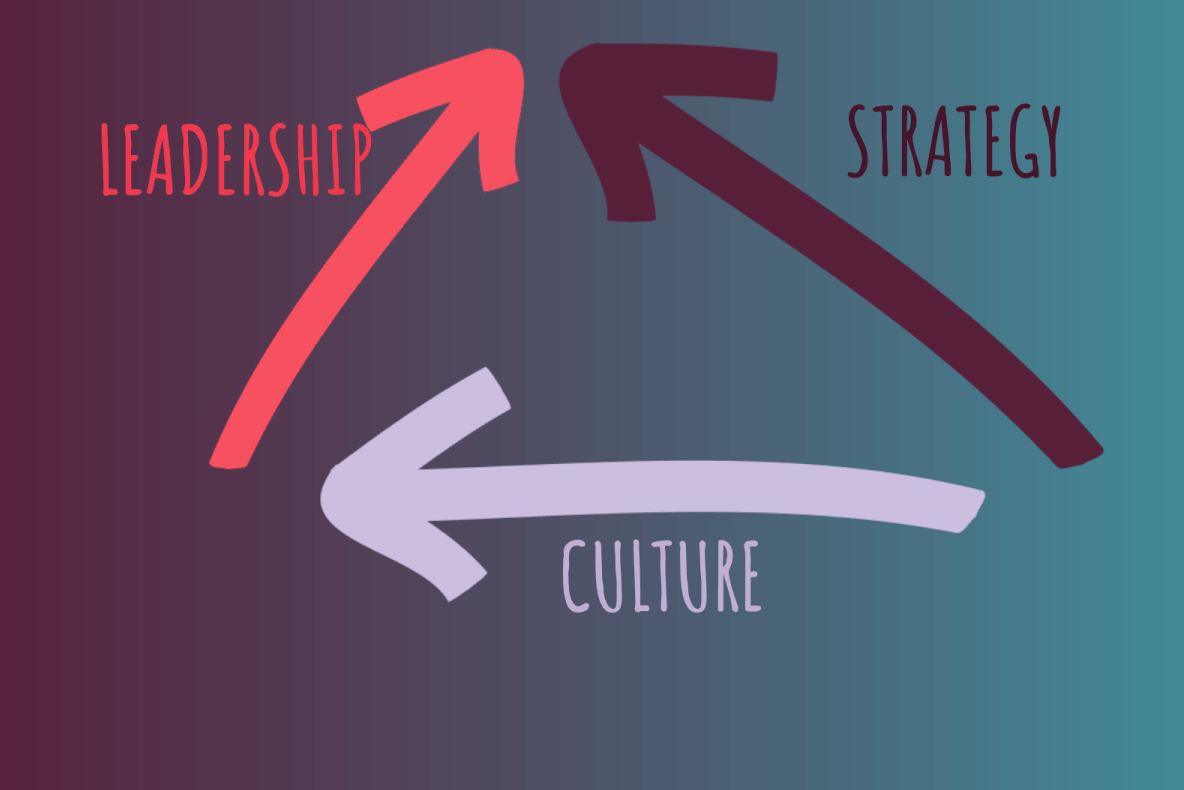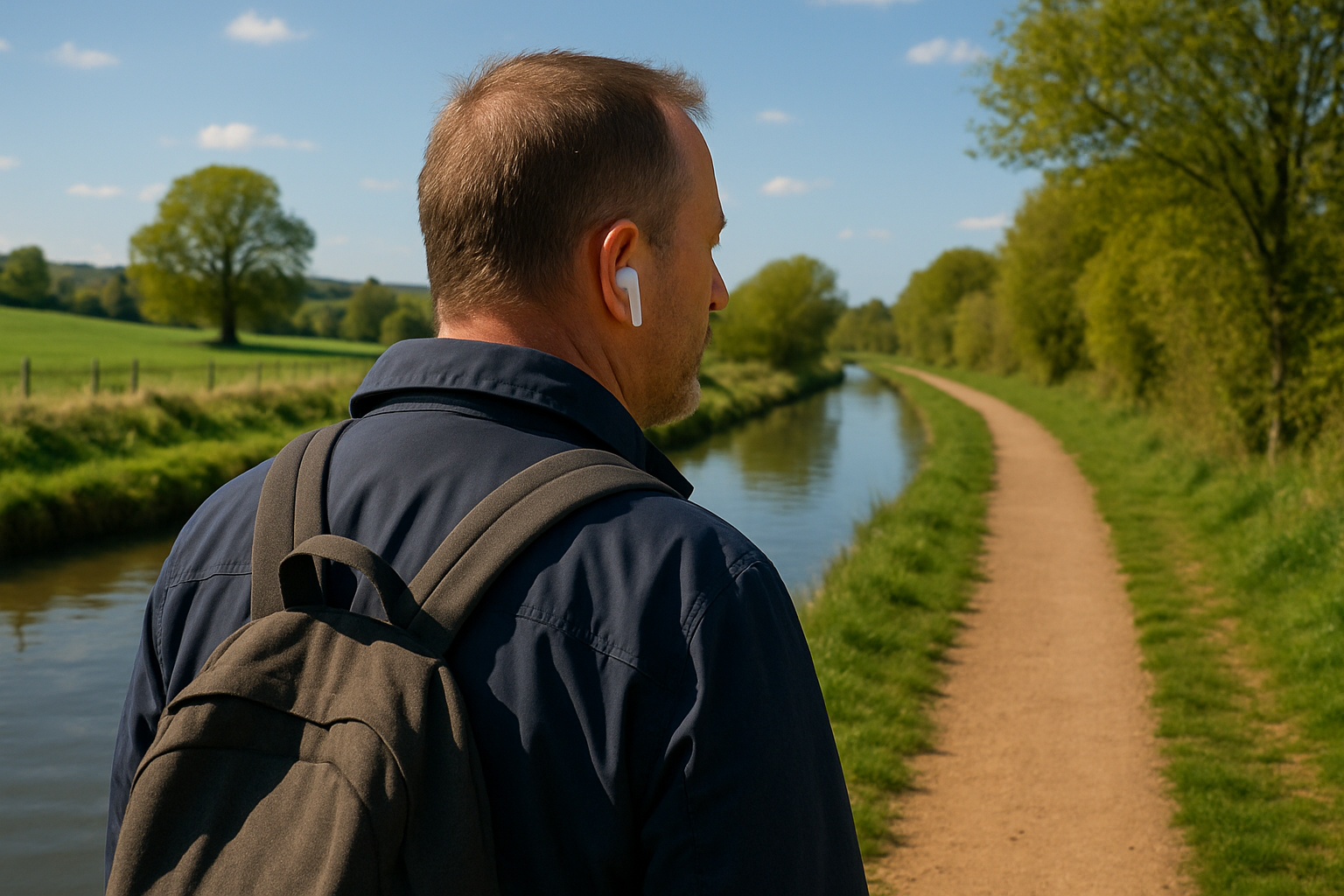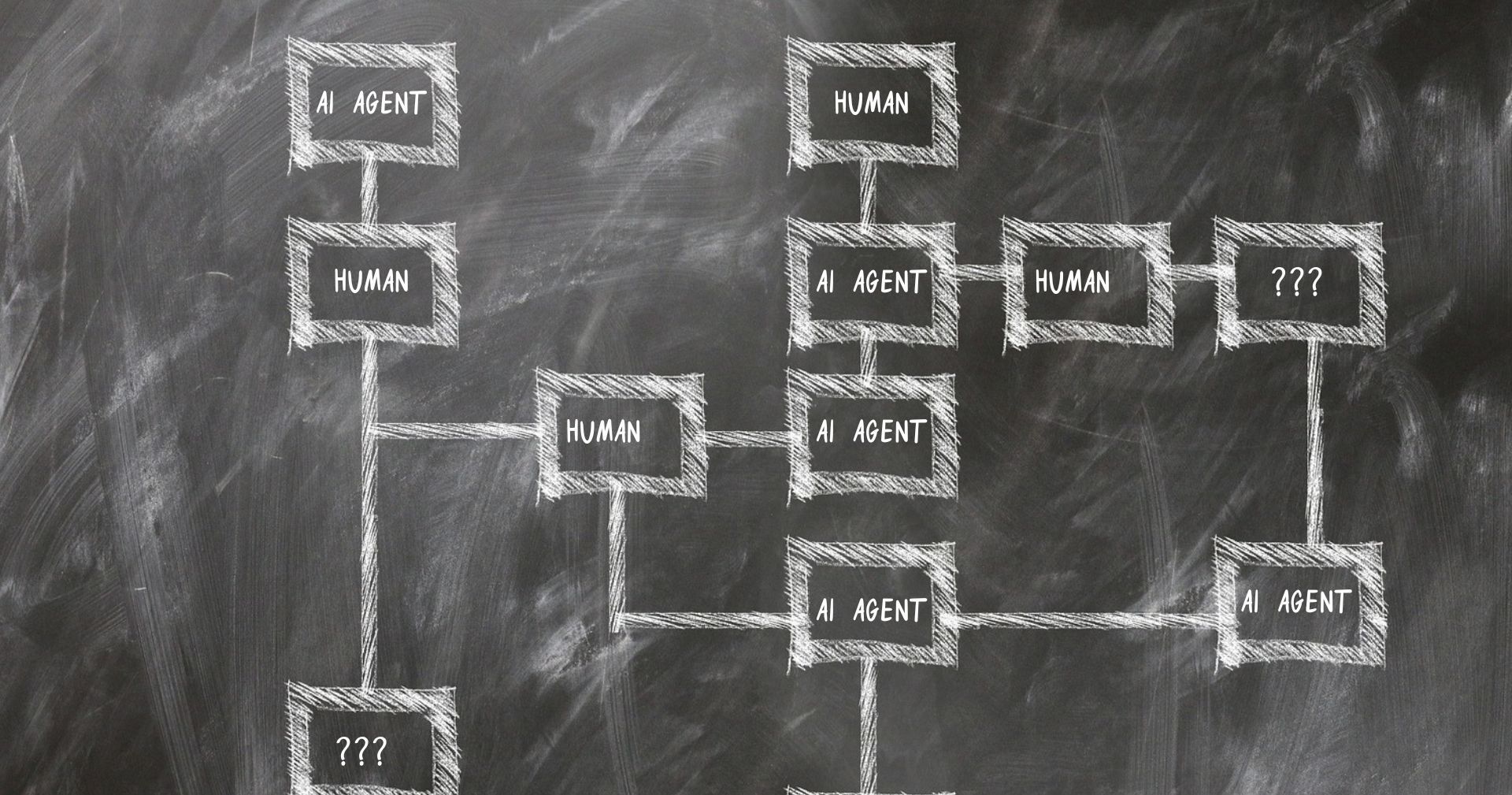Learning through teaching

I will start at the intended ending of this blog and dive straight into the final sentence... to the 50 or so people who have trusted me enough to participate in Agile Leadership I’m deeply grateful. You have taught me a lot and brought great fun into my life. Thank you!
Now back to the beginning. During the first lockdown in 2020 I decided to create a training course (which I later described as a reflective programme) to explore the questions which have fuelled much of my work over the last 15 years or so: how do strategy, culture and leadership fit together and why are they so often a bad fit with each other? And I wanted to do this in the context of complex, uncertain and ambiguous environments, otherwise known as reality. I had noticed the same issues and themes in much of my work and saw common pitfalls and helpful ways to address them, this is what I wanted to bring to a broader group of people. As the maxim says ‘we teach what we need to learn’ and I was keen to learn more.
In no particular order, here are five things which come readily to mind in terms of my learning:
1. The joy of Product development. I have never developed a product before, in fact at the beginning I didn’t realise this was what I was setting out to do. There were so many questions I couldn’t answer and so many things I had no experience of doing. I didn’t know whether what I was thinking about doing (which was very vague) would be of interest or value to anyone else. There were three things that helped me progress through this period of uncertainty. Firstly, trying to describe what I was intending to do to other people. As I talked about it my thinking developed, other people’s reactions honed my ideas both through encouragement and discouragement. Secondly, I was lucky to have the constraint of lockdown which meant that I knew the programme had to run virtually thereby removing a host of choices. This also brought an unanticipated benefit which I cover in the next section. Finally, there was nothing like my decision to run a pilot which forced me to convert broad ideas into tangible things which people could experience and I could learn from. I was neither fully ready or it or completely convinced it would be well received, but as Reid Hoffman (the founder of LinkedIn) said, ‘sometimes you have to throw yourself off a cliff and build the plane on the way down’.
2. Rich dialogues through working with diverse groups. A benefit of delivering the programme virtually was that it allowed people from different geographies to participate. This was enriching in itself, as was the fact that diverse enterprises were represented in terms of scale and sector (profit, not for profit and social enterprise where all represented). The mix of people who were thrown together created lively dialogue. There are few mirrors for ourselves that are as helpful as hearing other people’s experience. You can’t help but compare with your own which encourages a deeper look at yourself, revealing things which have become so familiar they are invisible or new things you would never have noticed.
3. A reminder of universal human truths. The diversity of the people on the programme alongside the commonality of challenges reinforced how many of the things which trouble, excite or perplex us in organisations are really about our own frailties and flaws as human beings. This is something we can’t escape although we often pretend to in the mistaken belief that we will be more successful by doing so. Certainty and confidence are over-valued attributes which are often used as a shield. We can’t escape our vulnerability and the more we expose it, the stronger we become.
4. The power of stories. We are our stories, our organisations are a collection of stories, we can’t help translating what we see and experience into a narrative so that it makes sense to us. We learn through stories, we teach through stories, we remember through stories. The participants on the programme have been generous in sharing their stories and an environment such as this one which invited doubt, allowed many stories of failure and mistakes to be aired; from these we learned so much more than we would have done from stories of success, the prevailing mood-music of many organisations.
5. The benefit of time spent watching, listening and reading. The act of giving myself permission to be lost in research and suspending the judge in me from pointing out ‘you should be working’ paid dividends in terms of the wonderful range of materials I was able to find. Is there anything quite as productive as allowing oneself to follow the trail from a starting point and enjoying the many side-routes which are encountered? Far more background material has been unearthed in this way than could possibly fit into a single programme, it’s a wonderful resource which I will draw on for years to come.
Having used up my last sentence in the opening paragraph I will close by saying to anyone interested in coming along to the programme in the future please do get in touch. I don’t think any of the participants so far have any regret about attending and I still have a hunger to learn.










